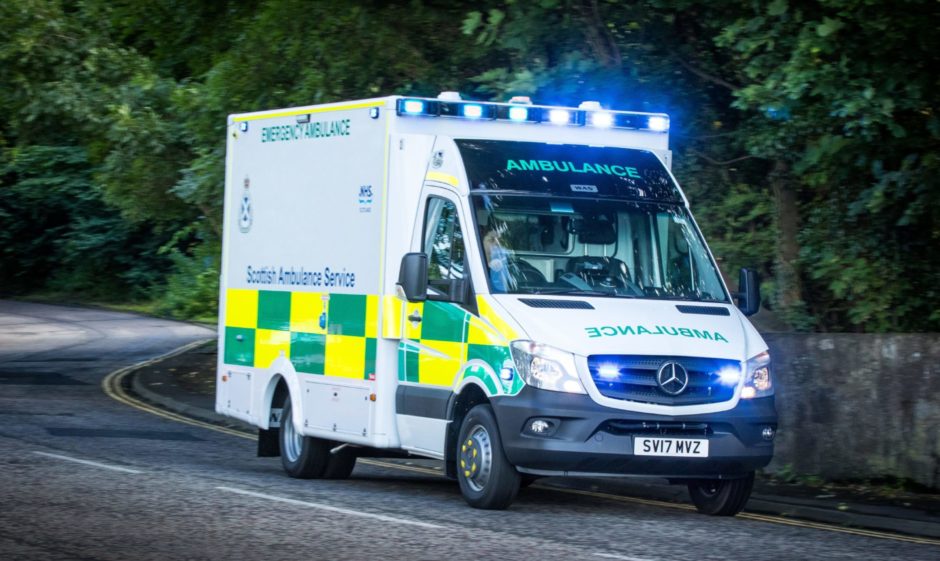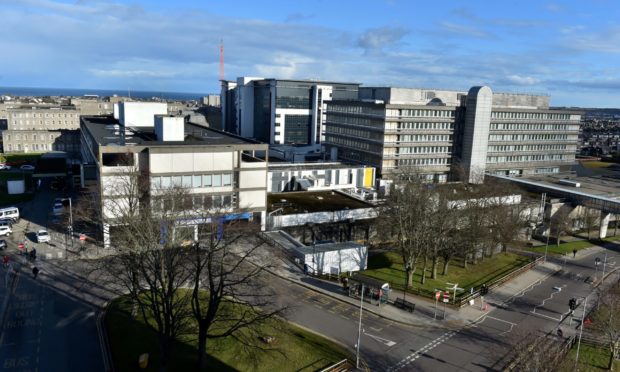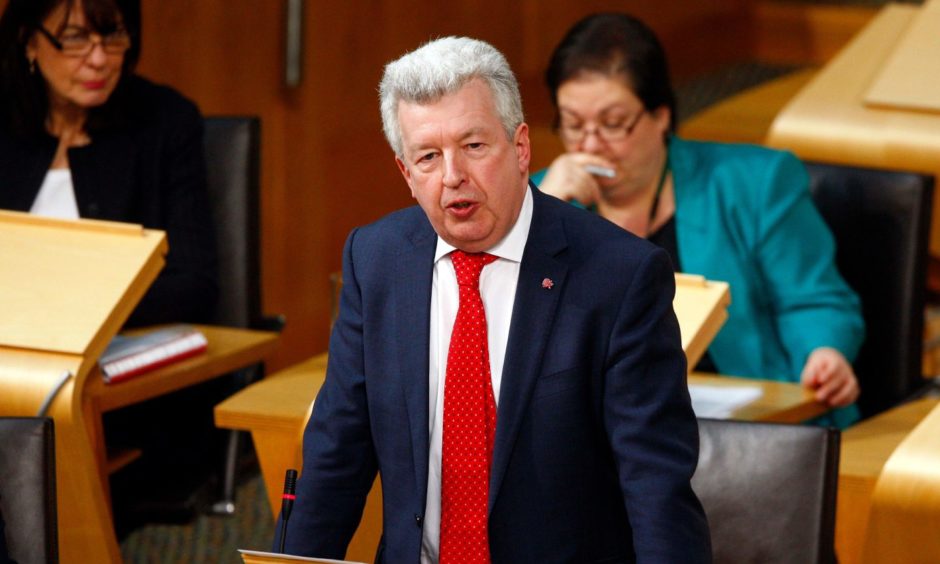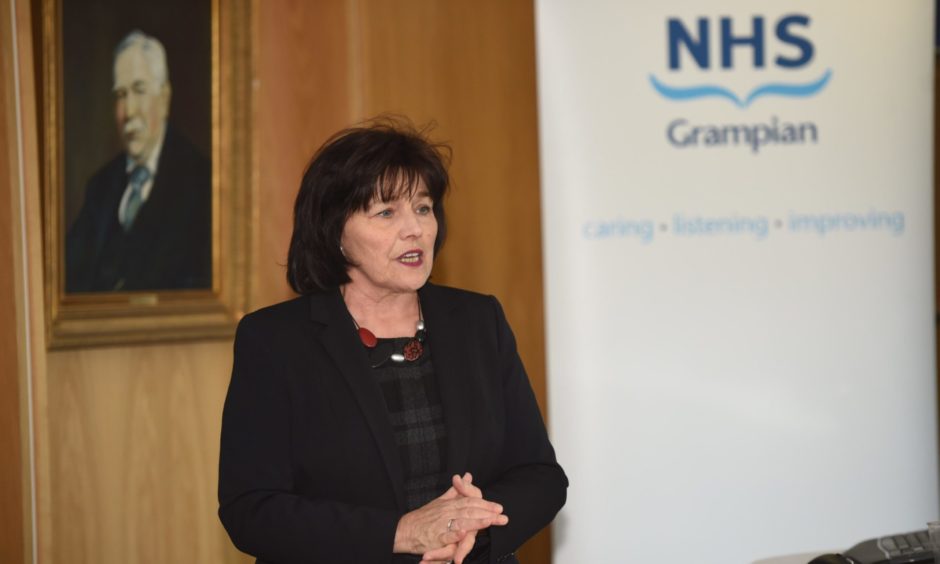Paramedics are being left with less time to respond to emergencies in the north-east because they are being “stuck” for longer at hospitals.
New figures have revealed that 83% of ambulance “turnaround times” at Aberdeen Royal Infirmary (ARI) exceeded the 20-minute target last year.
There was a “huge spike” in the number of crews who waited more than an hour while dropping off patients at ARI, up from 420 in 2019 to 1,686 in 2020.
Bed shortages were blamed for the trend, while NHS Grampian admitted the pandemic had “compounded” an existing problem.
North-east Labour MSP Lewis Macdonald says the figures underline the need for the Scottish Government to invest to increase capacity at the region’s hospitals.
The data show that the proportion of visits to emergency departments taking longer than the 20-minute target at ARI has increased in every year since at least 2014, when it was 48%.
Turnaround times at the Granite City hospital were also longer than 30 minutes in half of all call outs last year, compared to 15% in 2014.
At Dr Gray’s Hospital in Elgin, the figures show that turnaround times of more than 20 minutes were recorded in 59% of cases, almost double the 2014 rate of 30%.
Statistics for Royal Aberdeen Children’s Hospital show the target was missed in 47% of emergencies, up from 28%.
‘Figures are concerning’
Mr Macdonald, who is chairman of Holyrood’s health committee, said: “We can clearly see the impact of the pandemic with the huge spike in the number of ambulances waiting more than an hour.
“The figures are concerning because the longer paramedics are stuck at hospital the less time they have to get to emergencies in which every second can count.

“NHS Grampian and the Scottish Ambulance Service (SAS) are doing their very best to reduce turnaround times but they need more support from the Scottish Government.
“Ultimately, this is about bed capacity and more investment is needed from government to increase the number of beds.”
Impact of Covid-19
A spokeswoman for NHS Grampian said the health board is working to address the issue.
“We know that when a clinical space is not available to transfer a patient directly from an ambulance into the Emergency Department (ED), delays can occur,” she said.
“The spacing measures required for Covid-19 compound this issue.
“We are working tirelessly to ensure that all patients who require the ED can be assessed without delay.
“This includes discussions with SAS and looking at how we can improve flow within the hospital.”
An SAS spokeswoman said: “The Scottish Ambulance Service is working closely with NHS Grampian with regard to admitting patients into hospital.
“A number of steps are being taken to minimise ambulance waiting times at hospitals including jointly agreed escalation plans and daily communication between the Scottish Ambulance Service and hospital teams.”
‘No unnecessary delays’
A Scottish Government spokeswoman said it recognised the additional pressure NHS staff face as they work to respond to the pandemic while continuing to provide vital treatment and safe patient care.
She added: “We are clear that there should be no unnecessary delays in ambulance staff transferring patients to hospital and we continue to work closely with health boards and the Scottish Ambulance Service to actively work in real time to resolve any issues.
“NHS Grampian have been invited to be part of the strategic working group commissioned by the health secretary and SAS Medical Director Jim Ward to look at what further actions can be taken to improve turnaround times for ambulances at A&E.
“They will be joining the group from its next meeting, at the beginning of March.”
She added: “We value the tremendous job our ambulance service staff do in what can be exceptionally challenging circumstances.
“We are working to increase capacity and reduce individual workload across the Ambulance Service – investing almost £900 million over the last four years and committing to training an additional 1,000 paramedics.
“All NHS boards have sufficient acute capacity to meet current demand from Covid-19 patients.
“We continue to work closely with health boards to ensure they have robust plans in place to deal with a range of pressures on capacity in the coming weeks and months, including Covid-19.”



